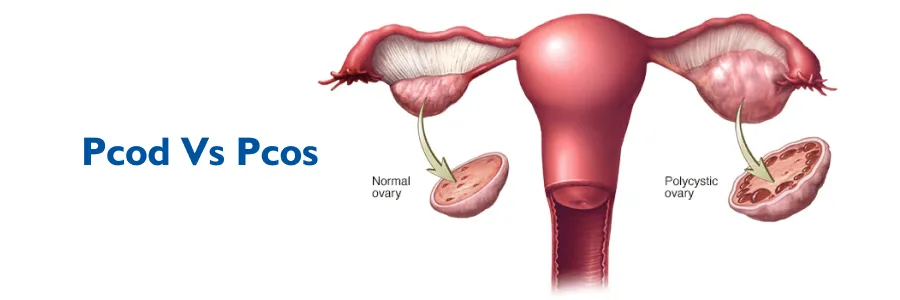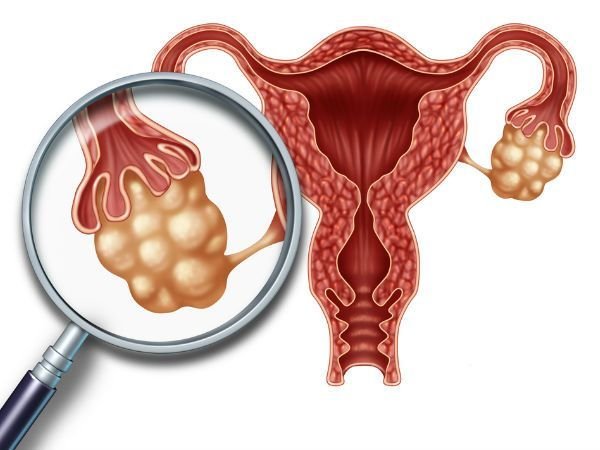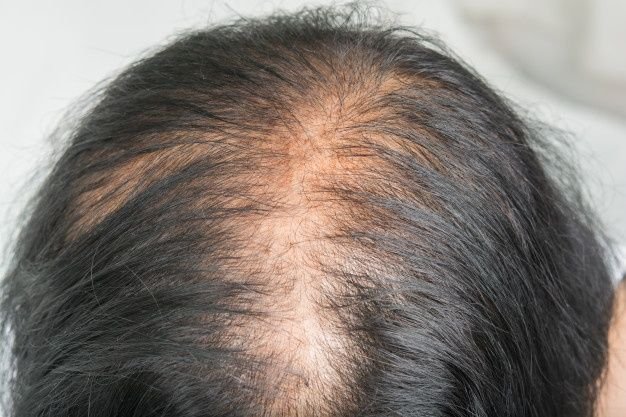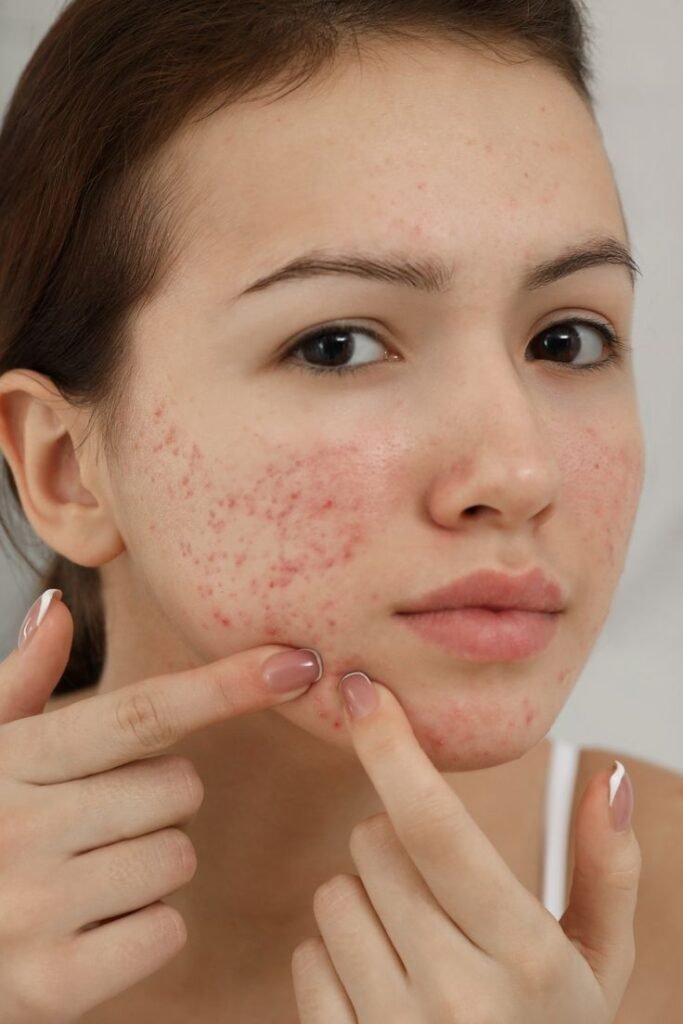Physical Address
304 North Cardinal St.
Dorchester Center, MA 02124

A couple of years ago, during the holiday season, one of my close friends returned to school and shared that she had been diagnosed with PCOD. The responses from our group were varied — and honestly, quite uninformed. Some asked, “PCOD? Isn’t it actually called PCOS?” Others said, “It just means you get irregular periods, right?” And someone even confidently declared, “Just lose some weight and go on a diet. You’ll be fine.”

These comments, though possibly well-meaning, revealed how little we truly knew about these conditions. Unfortunately, for many students — or even adults — reliable and easy-to-understand information about PCOD and PCOS isn’t always accessible. That’s why I decided to put together a simple yet informative guide based on facts from trusted medical sources.

If you menstruate, or have spoken to someone who does, you’ve probably come across the terms PCOD or PCOS. They’re often used interchangeably, but in reality, they are different in more ways than people realize. Let’s understand what these two conditions are, how they’re caused, their symptoms, and how they can be managed.
PCOD, or Polycystic Ovarian Disease, is usually linked to hormonal imbalance and genetic factors. In a typical menstrual cycle, a woman’s ovaries release one mature egg every month. But in people with PCOD, the ovaries release immature or only partially mature eggs, which can turn into cysts — small fluid-filled sacs.
These cysts can lead to enlarged ovaries and an increase in the production of androgens, which are male hormones. This hormonal imbalance can trigger symptoms like:

PCOD doesn’t have a permanent cure, but it can often be controlled by making healthy lifestyle changes. After consulting doctors (preferably a gynecologist, endocrinologist, and dietician), one can manage PCOD through regular exercise, a diet low in sugar and carbs, and rich in proteins and fiber. Even losing just 5% of body weight can make a noticeable difference in treatment.
Some may need medication to regulate their hormones. In more complex cases, advanced treatments like laparoscopic surgery, ovarian drilling, or aromatase inhibitors may be suggested — though these are usually last-resort solutions. Skin specialists can also help treat PCOD-related acne and hair loss.


When it comes to pregnancy, most people with PCOD can conceive with a little medical help. But around 20% of Indian women with PCOD may require fertility treatments or medications to improve their chances.
PCOS, or Polycystic Ovarian Syndrome, might sound similar but is more serious than PCOD. While PCOD causes the ovaries to release immature eggs that form cysts, in PCOS, hormonal imbalances — especially from the endocrine system — cause the ovaries to produce too many androgens. This disrupts the normal process of egg release altogether, causing the eggs to stay inside the ovaries and turn into cysts.
PCOS shares many symptoms with PCOD, including:

However, PCOS can also lead to metabolic syndrome, which increases the risk of:
In addition, PCOS can cause sleep apnea — a condition where breathing repeatedly stops and starts during sleep, leading to poor rest. Since ovulation doesn’t happen in PCOS, the uterine lining can build up each month, raising the risk of endometrial cancer.

Treatment for PCOS often involves oral contraceptive pills that contain estrogen and progestin to regulate the menstrual cycle. Depending on the symptoms, doctors may also prescribe medications to reduce the risk of diabetes and cancer, and to help with acne and other issues. Like with PCOD, weight loss and lifestyle changes play a crucial role in improving PCOS symptoms.


Although they are related and often confused with each other, PCOD and PCOS differ in several key ways:

Whether it’s PCOD or PCOS, the lack of public awareness and the stigma surrounding these conditions — especially in India — makes things worse. People still hesitate to talk about menstrual health, and many women suffer silently or remain undiagnosed for years.
These are common health issues, yet they’re treated as if they’re shameful secrets. Unfortunately, silence breeds misinformation. Even basic understanding of menstruation beyond what’s taught in school is lacking for many people.
But it doesn’t have to stay this way.
If you’re still reading this, it means you care enough to learn more — and that’s a step in the right direction. Whether you’re personally affected or not, becoming informed and spreading awareness can help remove the stigma and support those who are dealing with PCOD or PCOS.

Both PCOD and PCOS are manageable with the right guidance, lifestyle, and medical support. While they may seem similar, their effects on the body — especially in terms of long-term health and fertility — are quite different. Understanding these differences is crucial for early diagnosis and better care.

Now we’d love to hear from you:
Have you or someone you know experienced symptoms of PCOD or PCOS? Do you think there’s enough awareness and support available for people dealing with these conditions? Share your perspective in the comments — your voice might help someone feel a little less alone.